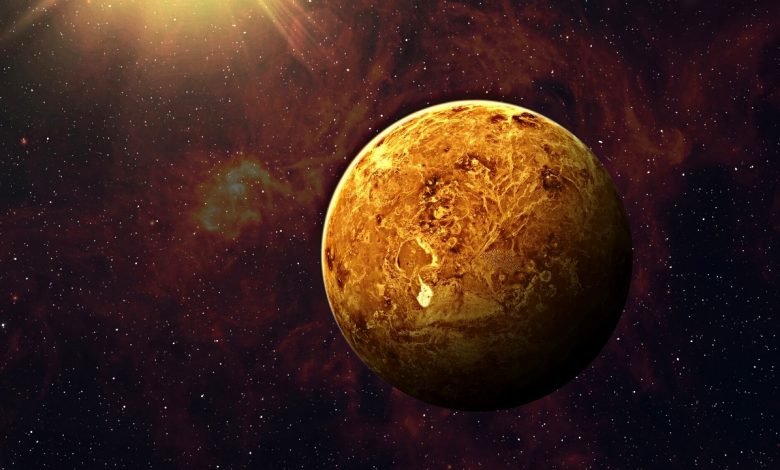Contrary to earlier belief, study finds Venus doesn’t have oceans

Scientists behind the new revelations have based their findings on computer models that prove that Venus lacked oceans from the beginning.
Scientists had some time ago hinted at the possibility of oceans in Venus. With the planet being a close neighbour to Earth, the possibility of the presence of oceans had also sparked thoughts that life might also be present in Venus.
The latest study, however, struck down the possibility of oceans in Venus. There are of course many scientists who think oceans were part of Venus’s landscape at least long back, the new study says such talk were all myths.
The team of scientists behind the new revelations base their findings on computer models that reiterate that Venus lacked oceans from the beginning. The study that has been published in Nature on October 13, has been quoted by EarthSky, adding that the scientists, from the University of Geneva and the French National Centre for Scientific Research, used a state-of-the-art climate model to come to this conclusion.
Venus never had right conditions for rainfall
Pointing out that Venus never had the conditions right for rainfall or oceans to form, the study said that the planet, which was born around the same time as the Earth, had been covered with molten rock – also called magma. However, even before water could fall as rain, it was imperative that Venus had to cool itself. And in case, rainfall had occurred it would have taken many thousand years to accumulate water and oceans to be formed.
The study has said that the planet would still be too hot for several thousands of years and that could never have allowed oceans to take shape. Also, it has been added that if clouds were thick enough to block the sun and reduce temperatures, it could have provided a conducive atmosphere for oceans to form.
Study uses computer models to prove lack of oceans in Venus
The scientists behind the study hold aloft their computer models to prove that such a situation was totally unlikely. Though clouds may have formed on the night side of Venus, its dayside would still have been exposed to sunlight.
Considering that Venus has a slow rotation, (the planet’s day equals a year), clouds would never have shielded the planet from the sun or cool it so as to let the rain fall.
The computer models drive home the point that the planet’s high surface temperature could have made water gaseous state only near Venus’ surface. And that explains why Venus doesn’t have rain or oceans.



